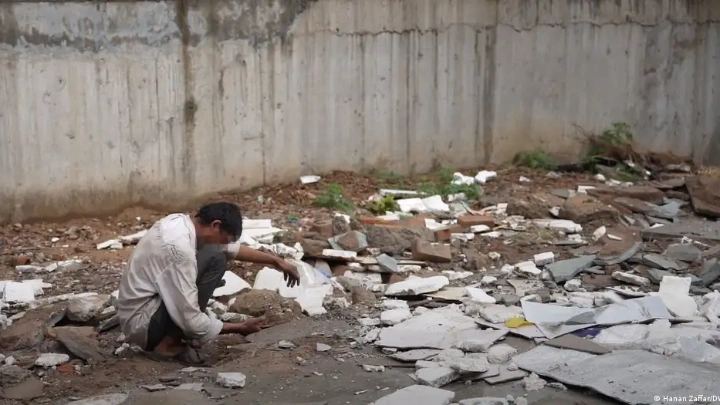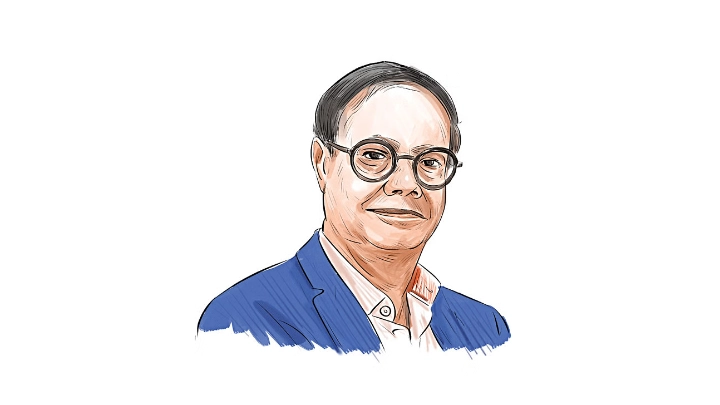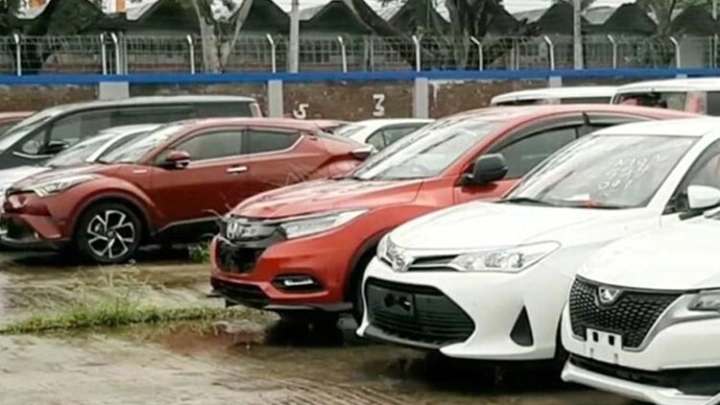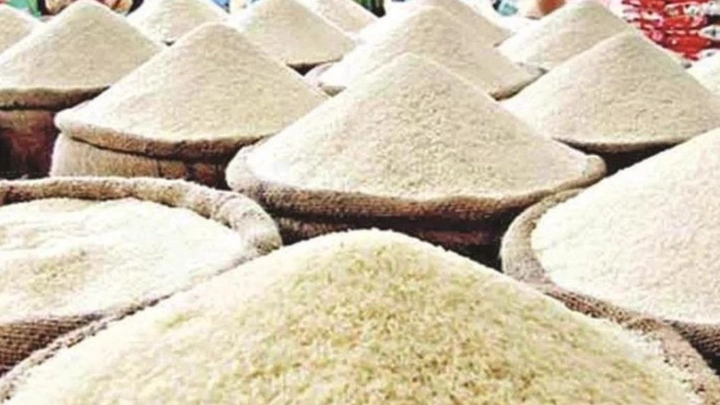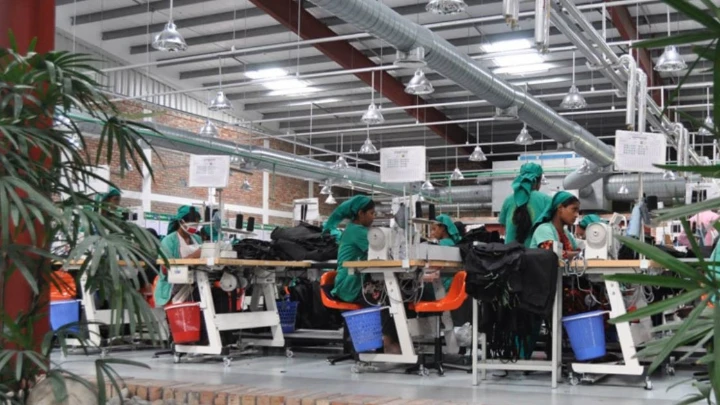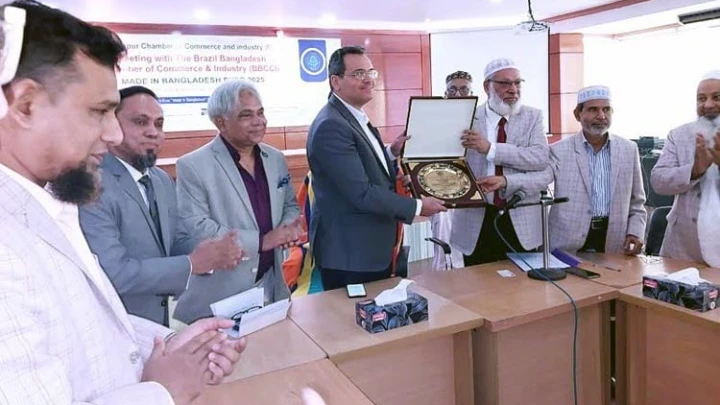The health and cost-of-living crises has disproportionately affected the poor and women in developing Asia, hurting their chances of long-term improvement.
68 million Asians are now living in poverty due to COVID and inflation.
DWnews || Shining BD
According to an Asian Development Bank (ADB) report, the COVID-19 pandemic and higher inflation together pushed nearly 68 million people in Asia into extreme poverty as of last year.
As of last year, 3.9% of the population of developing Asia—or an estimated 155.2 million people—lived in extreme poverty. According to the report released on Thursday, this number was 67.8 million higher than it would have been in the absence of the pandemic and the cost-of-living crises.
Living on less than $2.15 (€1.98) per day, based on 2017 prices adjusted for inflation, is considered to be extreme poverty. Worldwide inflation has increased in recent years as a result of supply chain disruptions brought on by both the pandemic and escalating geopolitical tensions.
The dual crises, despite Asia and the Pacific's steady recovery, are "undermining progress toward eliminating poverty," according to ADB Chief Economist Albert Park.
"Governments in the region can get back on track by strengthening social safety nets for the underprivileged and encouraging investment and innovation that creates opportunities for growth and employment."
When compared to pre-pandemic projections, the ADB estimated that by 2021, the pandemic had pushed an additional 80 million people into extreme poverty.

Poor and women affected disproportionately
The poor have been hurt most by inflation as they are unable to pay for the higher prices of food, fuel and other necessities. It also erodes their income, leaving fewer savings for healthcare, education or other opportunities which can improve their situation in the long term, the report said.
Women have also been disproportionately affected as they tend to earn less than men while also having to do unpaid work.
Lesser earning aside, the poor end up paying a premium for access to essential goods and services, the ADB said. "For instance, low-income households often have to buy commodities in smaller quantities, which may be more expensive than buying in bulk. They may also be forced to live in informal settlements where they are exposed to greater health hazards, increasing their health care costs."
The report suggested ways that governments in Asia can help address the cost-of-living crisis. This includes strengthening social protection systems, increasing support for agricultural development, improving access to financial services, prioritizing infrastructure investments and promoting technological innovation.
The ADB estimates that almost one in three people among the Asian population, or 1.26 billion people, will be considered economically vulnerable by 2030.
Shining BD

